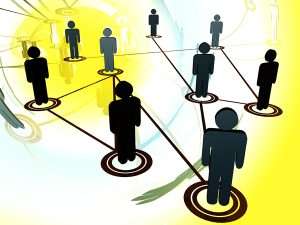11th Oct 2012: Why did the financial crisis happen? (and what to do about it) by Ben Stollery and Fran Boait

On the 11th of October Ben and Fran will be giving a talk at the Counting House in Edinburgh on the following subject…
Name of speaker and subject:
Ben Stollery and Fran Boait
We are in a crisis because so few of us, including policy makers, economists and journalists fully understand how our monetary system works. This is a dangerous situation to be in when money drives almost all activity on the planet. If you want to understand how the system works well, at least the basics – come along!
Read more…


